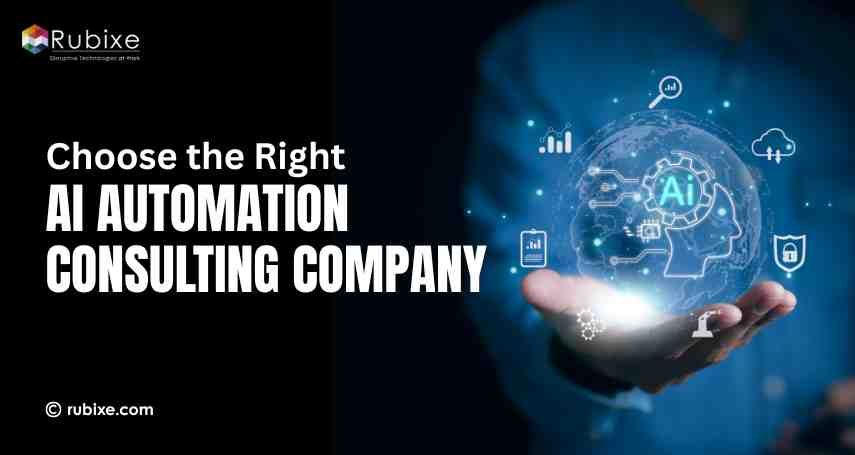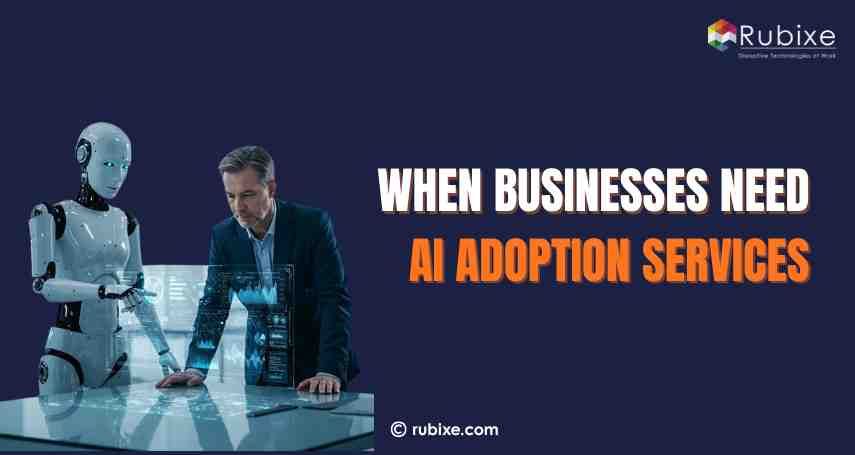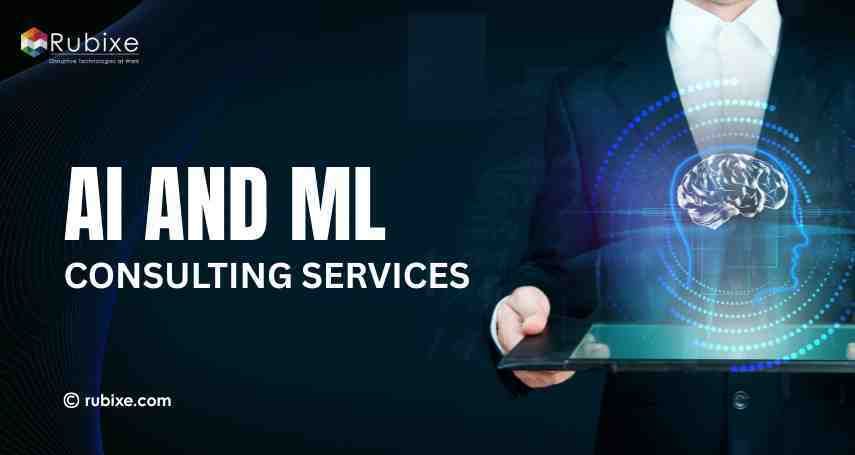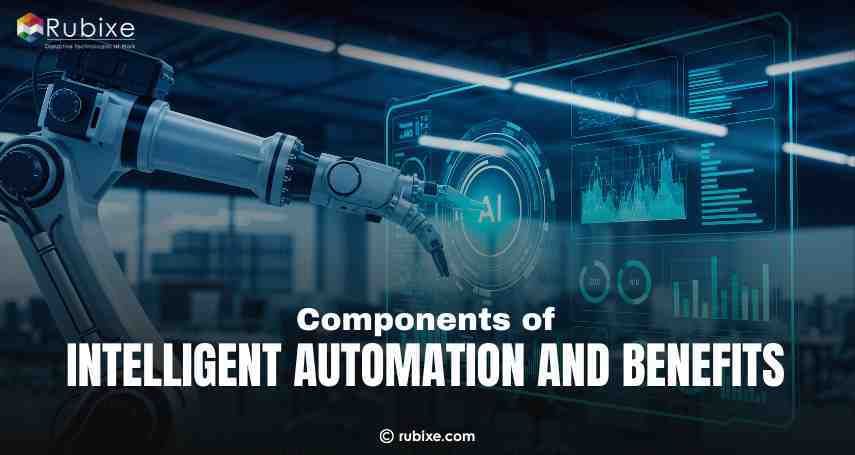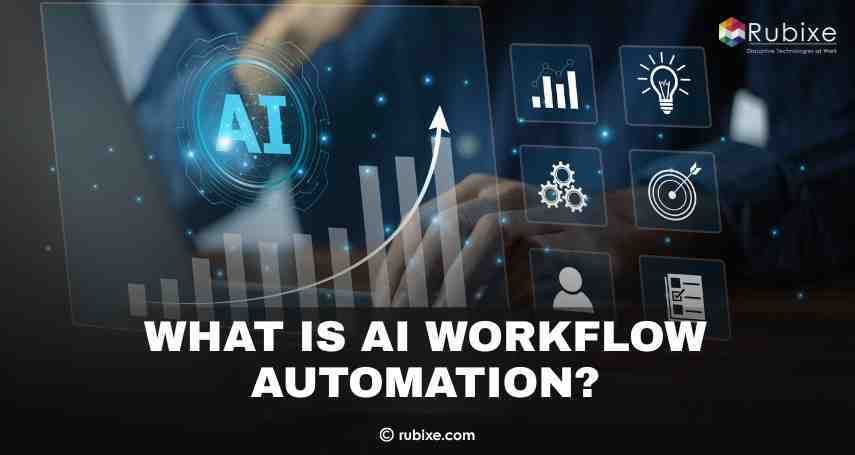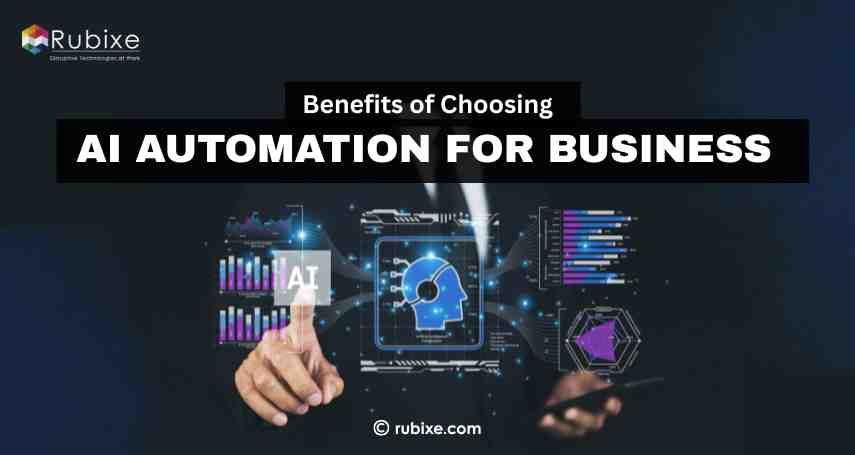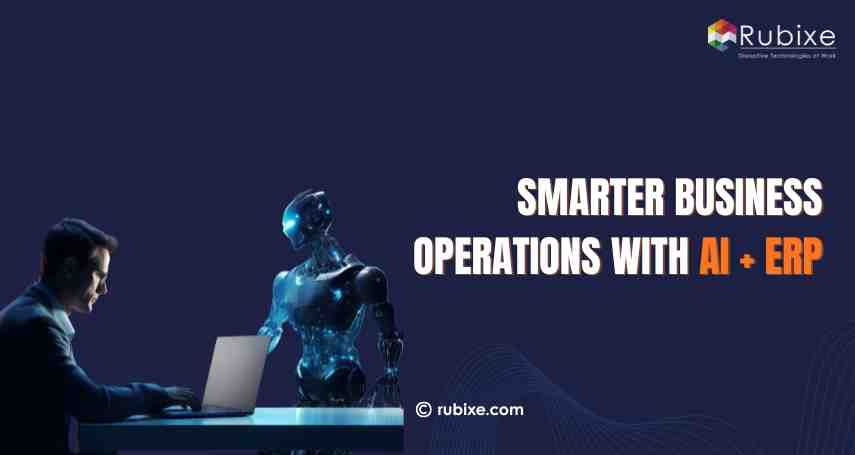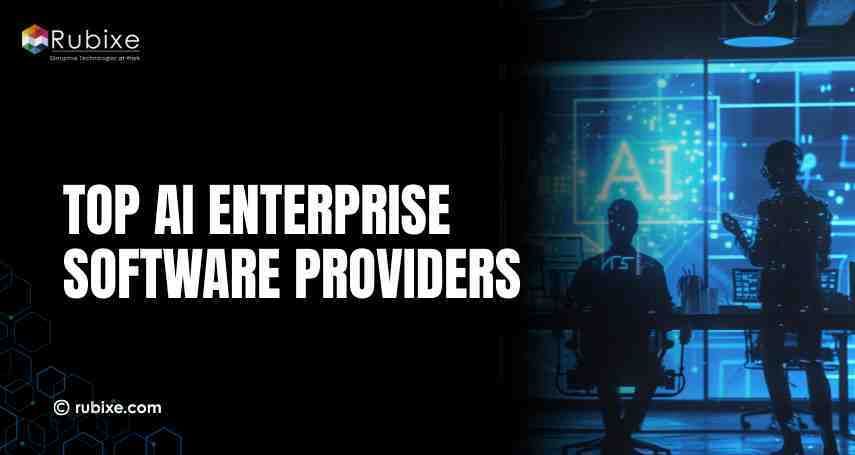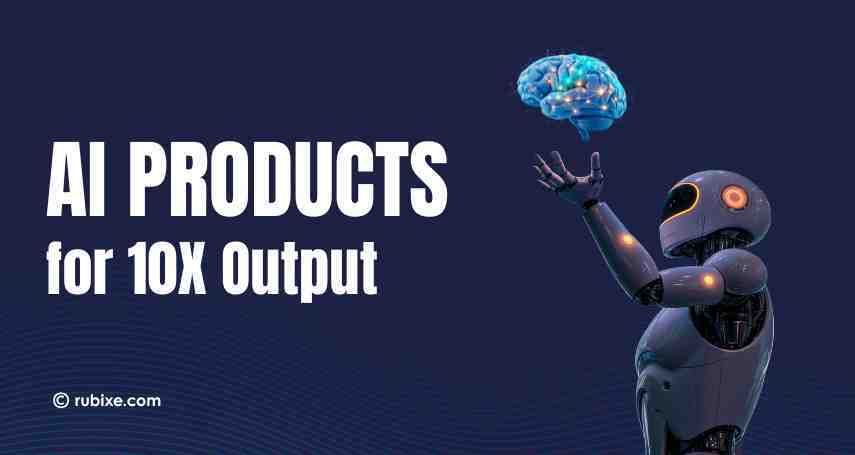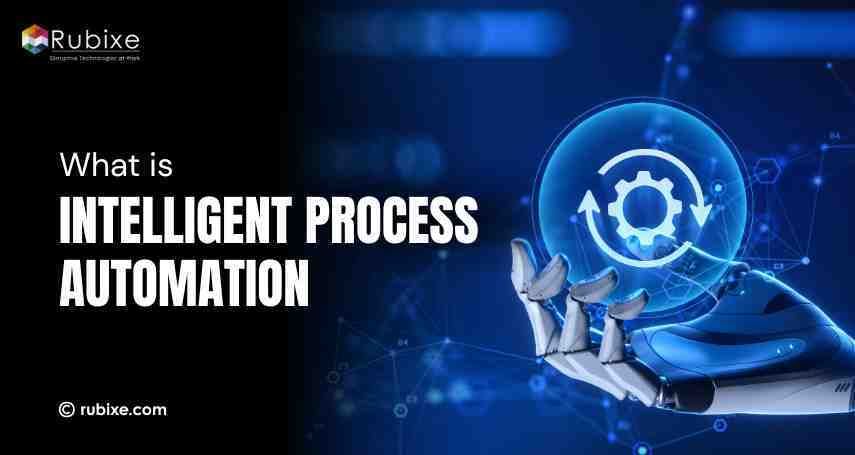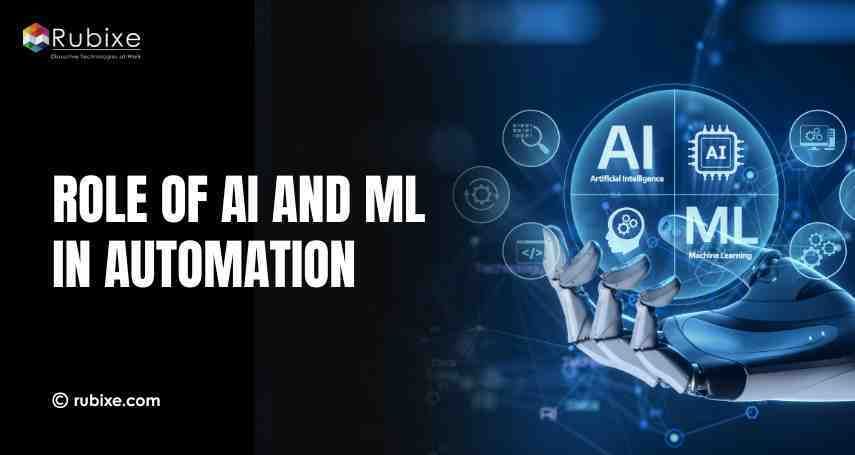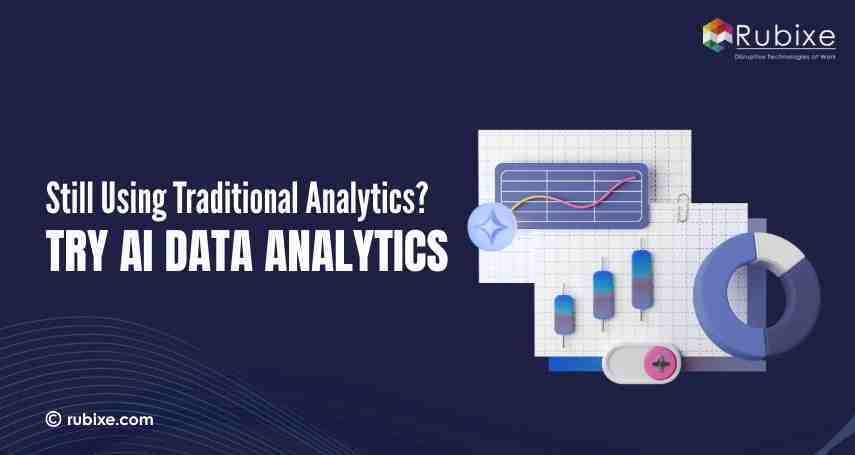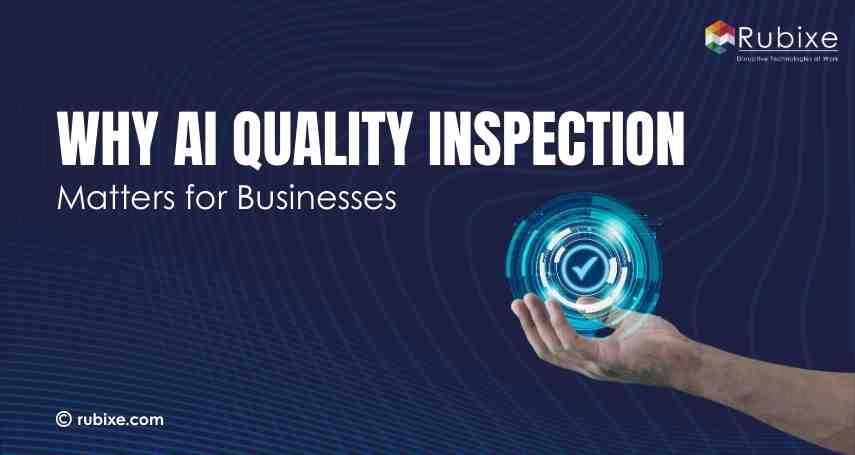How AI Automation Can Save Your Business Time and Money
AI automation boosts business efficiency by streamlining tasks, reducing errors, and cutting costs, helping companies save time and operate more effectively.
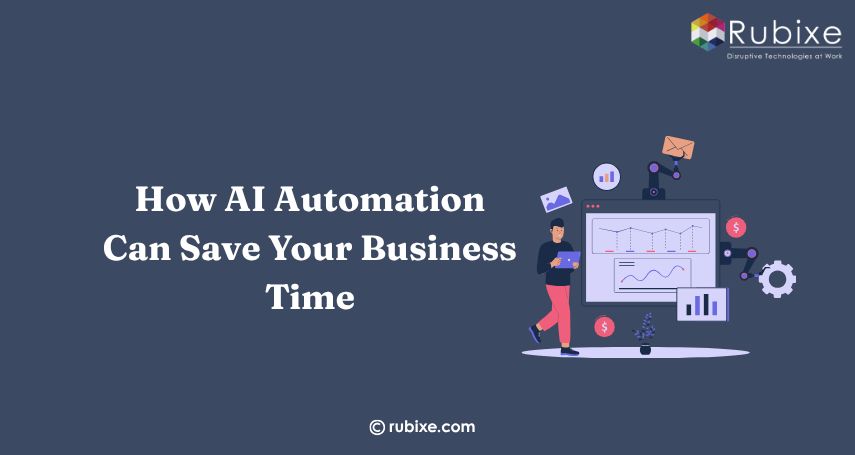
Artificial intelligence automation can be a significant advantage for businesses looking to save time and money by improving efficiency, reducing errors, and streamlining operations. By automating repetitive tasks, it enables faster processes, better accuracy, and more focus on high-value strategic activities.
Understanding AI Automation
AI automation involves the integration of artificial intelligence technologies into business processes to perform tasks with minimal human intervention. These tasks can range from simple data entry and customer service queries to complex decision-making functions like inventory forecasting and risk management.
At the heart of AI automation are technologies such as
-
Machine learning (ML): Enables systems to learn from data and improve over time
-
Natural language processing (NLP): Allows systems to understand and generate human language
-
Computer vision: Interprets and analyzes visual data like images and videos
-
Robotic process automation (RPA): Uses bots to mimic human actions in digital systems
A Clear Look at Business Automation
Business automation uses technology such as AI and software tools to handle tasks traditionally done by humans. From processing emails to analyzing customer data, automation improves efficiency and reduces manual work. Artificial intelligence automation also applies to customer-facing areas. For example, businesses can automatically send emails when someone abandons a cart or visits a specific page on the website.
Automation in business generally falls into three categories:
-
Basic Automation: Handles simple, repetitive tasks such as invoice processing, email scheduling, data entry, and chatbot interactions.
-
Process Automation: Uses software to streamline workflows and make business operations more transparent and consistent. Examples include workflow automation tools and process mining software.
-
Advanced Automation: Applies AI techniques like machine learning and natural language processing to handle complex tasks. This level is ideal for businesses managing large-scale operations or needing advanced analytics and personalized customer engagement.
The Benefits of AI Automation
AI automation enables businesses to operate more intelligently by handling routine tasks, enhancing productivity, and improving service quality. It’s not just about speed—it’s about smarter operations.
Here are the key benefits:
-
Frees up your team: Let employees focus on strategic, creative, and high-impact work
-
Improves client response time: Ensures quicker replies through automated emails, chatbots, and alerts
-
Boosts efficiency: Speeds up operations and reduces delays across business functions
-
Streamlines processes: Automates workflows to make day-to-day operations smoother and more consistent
-
Eliminates human error: Reduces mistakes by relying on rules, data, and algorithms
-
Cost savings: Cuts down on labor costs and minimizes manual rework
-
24/7 availability: Keeps systems running and responding to customers without interruption
-
Scalability: Easily adapts to growing demands without the need to scale human resources
Why AI Automation Is Becoming a Business Necessity
Artificial intelligence automation is transforming how businesses manage everyday operations and customer interactions. By automating routine tasks and enhancing service delivery, companies—especially small and mid-sized ones—can save time, reduce errors, and improve efficiency.
Here’s how AI automation is making a real impact:
-
Automating repetitive admin tasks: Business owners often lose valuable hours to tasks like payroll, scheduling, and data entry. AI-powered tools simplify these processes:
-
Payroll management: Tools like Gusto and ADP automate calculations, tax deductions, and direct deposits
-
Appointment scheduling: Platforms like Calendly and Microsoft Bookings handle bookings and reminders seamlessly
-
Workflow automation: Services like Trello, Notion AI, and Zapier streamline task management and data transfers
-
Enhancing customer support with AI chatbots: Providing fast, consistent support is key to customer satisfaction, especially for small teams. AI chatbots make this possible:
-
Instant responses: Tools like Tidio, Drift, and Zendesk AI answer common queries 24/7
-
Lead engagement: Bots can gather visitor information and direct qualified leads to the sales team
-
Personalized service: AI analyzes customer behavior to recommend relevant products or solutions
How AI Automation Cuts Costs
Artificial intelligence automation helps businesses significantly reduce operational costs by improving efficiency and minimizing the need for manual labor. By streamlining repetitive tasks and optimizing workflows, companies can achieve more while spending less.
Here’s how AI automation contributes to cost savings:
-
Reduces labor costs: Automates routine jobs like data entry, scheduling, and customer queries, reducing the need for additional staff
-
Minimizes errors and rework: AI systems perform tasks with high accuracy, lowering the cost of fixing mistakes
-
Lowers operational overhead: Cuts down on time spent on manual processes, saving resources and improving output
-
Improves resource allocation: Frees up employee time for higher-value tasks, maximizing team productivity without increasing headcount
-
Reduces downtime: Automated systems can run 24/7 without breaks, ensuring continuous operation and faster turnaround
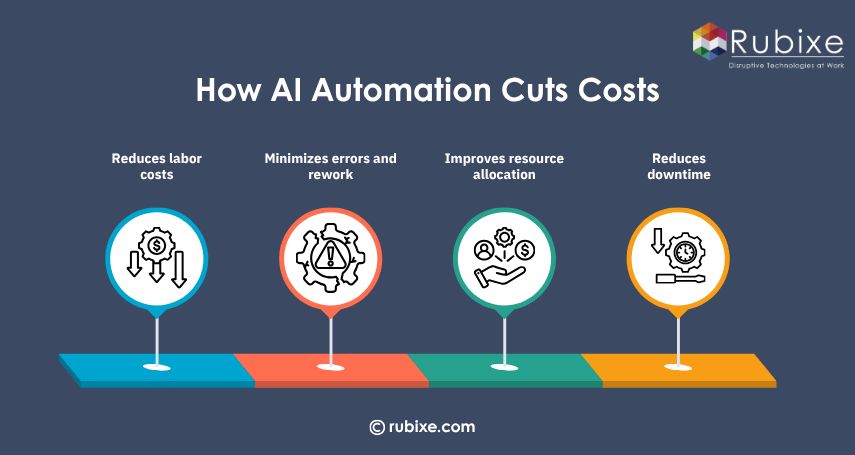
Scaling Operations with Flexibility
One of the biggest advantages of AI automation is its ability to support business growth without adding complexity. As your company expands, AI systems help scale operations smoothly and efficiently.
Here’s how AI automation adds flexibility to scaling:
-
Handles increased workload: Easily manages more tasks, customers, or data without needing more staff
-
Adapts to business changes: Supports rapid changes in demand, processes, or services without major restructuring
-
Improves consistency: Delivers the same quality and speed, even as operations grow
-
Integrates with existing tools: Works alongside your current platforms and scales up as needed
-
Speeds up time to market: Automates product launches, marketing, and customer onboarding for faster execution
Role of AI Consulting in Implementation
AI consulting plays a vital role in helping businesses successfully adopt and implement AI technologies. Consultants bridge the gap between strategy and execution, ensuring that solutions align with business goals and deliver measurable value.
Key ways AI consulting supports implementation:
-
Identifying use cases: Helps businesses pinpoint where AI can add the most value based on their needs and industry
-
Assessing readiness: Evaluates data quality, infrastructure, and team capabilities before implementation
-
Building a roadmap: Develops a step-by-step plan to roll out AI solutions efficiently and effectively
-
Selecting the right tools: Recommends technologies and platforms that fit the company’s goals and budget
-
Ensuring smooth integration: Guides seamless integration of AI into existing systems and workflows
-
Training and support: Prepares teams through training, change management, and ongoing support
With expert guidance, businesses can avoid costly mistakes, speed up adoption, and maximize the return on their AI investment.
Getting Started with AI Automation: What to Do Next
If you're considering adopting artificial intelligence automation in your business, the best approach is to start small and scale up gradually. Begin by identifying time-consuming, repetitive tasks that could benefit from automation. Then, evaluate the right AI services or tools that align with your business model.
For businesses that lack in-house expertise, partnering with an AI consulting firm can be a game-changer. They can guide your strategy, assess your infrastructure, and recommend scalable solutions tailored to your specific needs.
Tips for a Successful AI Automation Journey:
-
Define clear goals: Know what you want to achieve—cost reduction, faster service, improved accuracy, etc.
Choose the right platform: Make sure the AI tools integrate smoothly with your existing software. -
Start with a pilot project: test automation on a small process before full-scale implementation.
-
Measure ROI continuously: Monitor time saved, error reduction, and financial savings to track value.
-
Train your team: Ensure employees understand and adapt to the new workflows.
AI automation can transform your business by saving time, reducing costs, and improving productivity. To get the best results, consider working with an AI consulting company. The right guidance can help you plan, implement, and scale automation in a way that fits your business needs.
